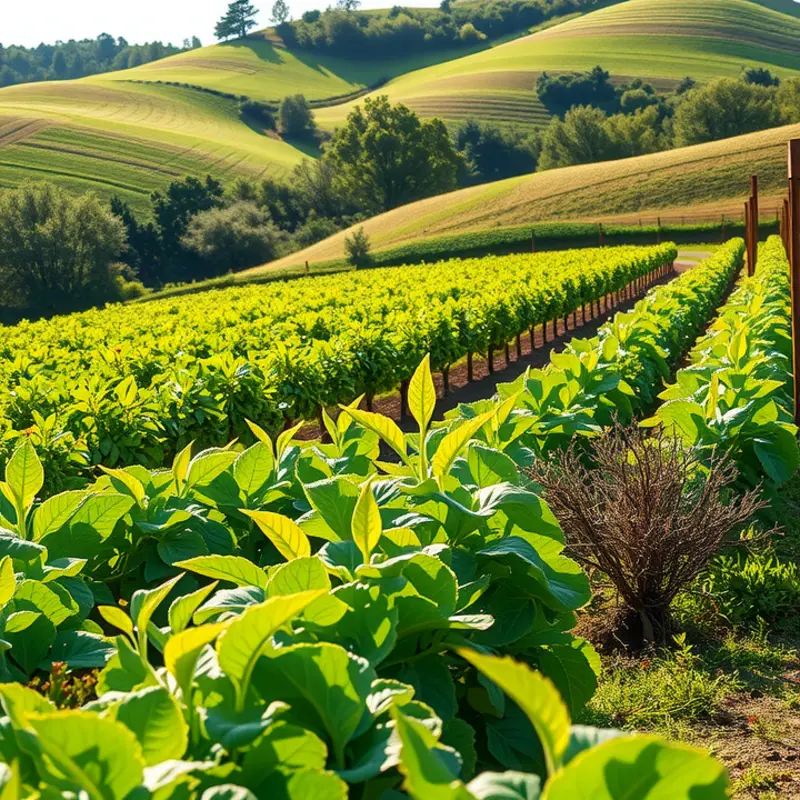Egg wash is often seen as a crucial component in baking, used to create a beautiful golden-brown finish on pastries and bread. However, for home cooks and those with dietary restrictions, finding alternatives can be essential. This guide provides easy substitutes for egg wash, ensuring that everyone can achieve that glossy, appetizing finish without compromising their dietary needs.
Pantry Staples: Common Egg Wash Substitutes

Exploring the potential of your pantry often reveals numerous ingredients that can substitute for egg wash in your baking endeavors. These alternatives not only cater to various dietary preferences but also ensure your baked goods retain their appealing finish.
One of the simplest and most versatile substitutes is milk. Whether you’re using plant-based or traditional dairy options, milk provides color and sheen to pastries. Non-dairy milk varieties, such as almond or soy, offer a suitable vegan alternative, adding just the right touch of browning.
Another common option is cream. Its rich texture helps create a golden-brown crust on baked goods. Opt for coconut or cashew cream if you’re aiming for a non-dairy approach while maintaining a decadent finish.
Additionally, water with a bit of sugar can replicate the shine an egg wash typically offers. This mixture doesn’t necessarily contribute to browning but is an excellent choice if you’re looking to avoid any added fats or allergens.
For a subtle sweetness and improved browning, consider brushing your pastries with honey or maple syrup. When slightly diluted with water, these provide a beautiful glaze and an extra hint of flavor, ideal for sweet pastries.
Butter, though it may sound unconventional, can also be used as a substitute. For those focused on achieving a desirable crust, melted butter adds a luscious taste and enhances browning effectively.
Seeds and grains, such as chia seeds mixed with water, become a gel-like consistency perfect for binding and creating an attractive, glossy coat. This method is particularly recommended for a whole-food, plant-based style of baking.
For those focusing on sustainable kitchen practices, it may be worth looking into less conventional options that align with eco-conscious principles. Exploring resources on eco-smart kitchen storage can help further optimize your ingredient use while ensuring minimal waste.
Incorporating these pantry staples into your cooking routine not only diversifies your culinary techniques but also accommodates dietary restrictions effectively. By selecting the right substitute, achieving the ideal texture and appearance on your baked treats becomes a seamlessly integrated part of your baking process.
Specialized Solutions: Vegan and Allergy-friendly Washes

For many home bakers, achieving that perfect golden crust on pastries and breads is a delightful challenge. However, for those following a vegan lifestyle or navigating food allergies, finding suitable egg wash alternatives can be daunting. Fortunately, creative solutions exist that ensure everyone can enjoy delicious baked goods without compromising on their diet or health needs.
One of the most popular vegan substitutes for egg wash is flaxseed gel. When whole flaxseeds are simmered in water, they release a viscous gel-like substance. This gel acts as a binding and glazing agent, similar to egg wash. To prepare it, boil two tablespoons of whole flaxseeds in a cup of water until a gel forms, then strain out the seeds. This mixture can be brushed onto pastries and breads to encourage browning and add a subtle sheen. The mild, nutty flavor of flaxseed doesn’t overpower the taste of your baked goods, making it a versatile choice.
Another compelling option is aquafaba, the starchy liquid found in canned chickpeas. Aquafaba’s unique properties make it a remarkable egg substitute, capable of creating airy meringues. For an egg wash, simply use a pastry brush to apply aquafaba directly to your dough. Its high protein content helps it mimic the browning effects of egg wash, providing a comparable finish. Aquafaba is also a neutral-tasting alternative, ensuring the focus remains on the flavors of your chosen recipe.
For those with nut allergies, soy milk or oat milk can offer excellent results. These plant-based milks have a natural sugar content that aids in caramelization. A mixture of soy milk and a small amount of maple syrup can be especially effective for achieving a golden crust. Simply mix equal parts soy milk and maple syrup, and brush onto your baked goods before baking.
For an unexpectedly delightful alternative, consider using a combination of cornstarch and water. Mix a tablespoon of cornstarch with just enough water to form a thin slurry. Apply this to your pastries for a subtle sheen and additional crispness. This solution is both vegan and free from common allergens like nuts and soy.
These vegan and allergy-friendly alternatives offer flexibility and peace of mind in the kitchen. They allow bakers to accommodate dietary restrictions without sacrificing the beloved appearance and texture of their creations. Homemade pastries, breads, and pies can still look spectacular, even when traditional egg wash is off the table.
For more creative cooking tips, consider exploring easy-plant-based-eating which is packed with insights and alternatives to promote plant-based cooking at home. Embracing these specialized solutions can expand your culinary repertoire and delight all those who share in your delicious creations.
Final words
Choosing an appropriate egg wash alternative can be simple and effective for any home cook. With pantry staples and specialized substitutes at your fingertips, you can ensure that your baked goods are not only visually appealing but also tailored to meet dietary needs. From non-dairy milk to aquafaba, there’s a solution for everyone. Not only do these alternatives provide a beautiful finish, but they can also enhance the flavor and nutritional profile of your creations. Embrace the flexibility in your cooking, and let your imagination guide you as you experiment with these easy substitutes!







